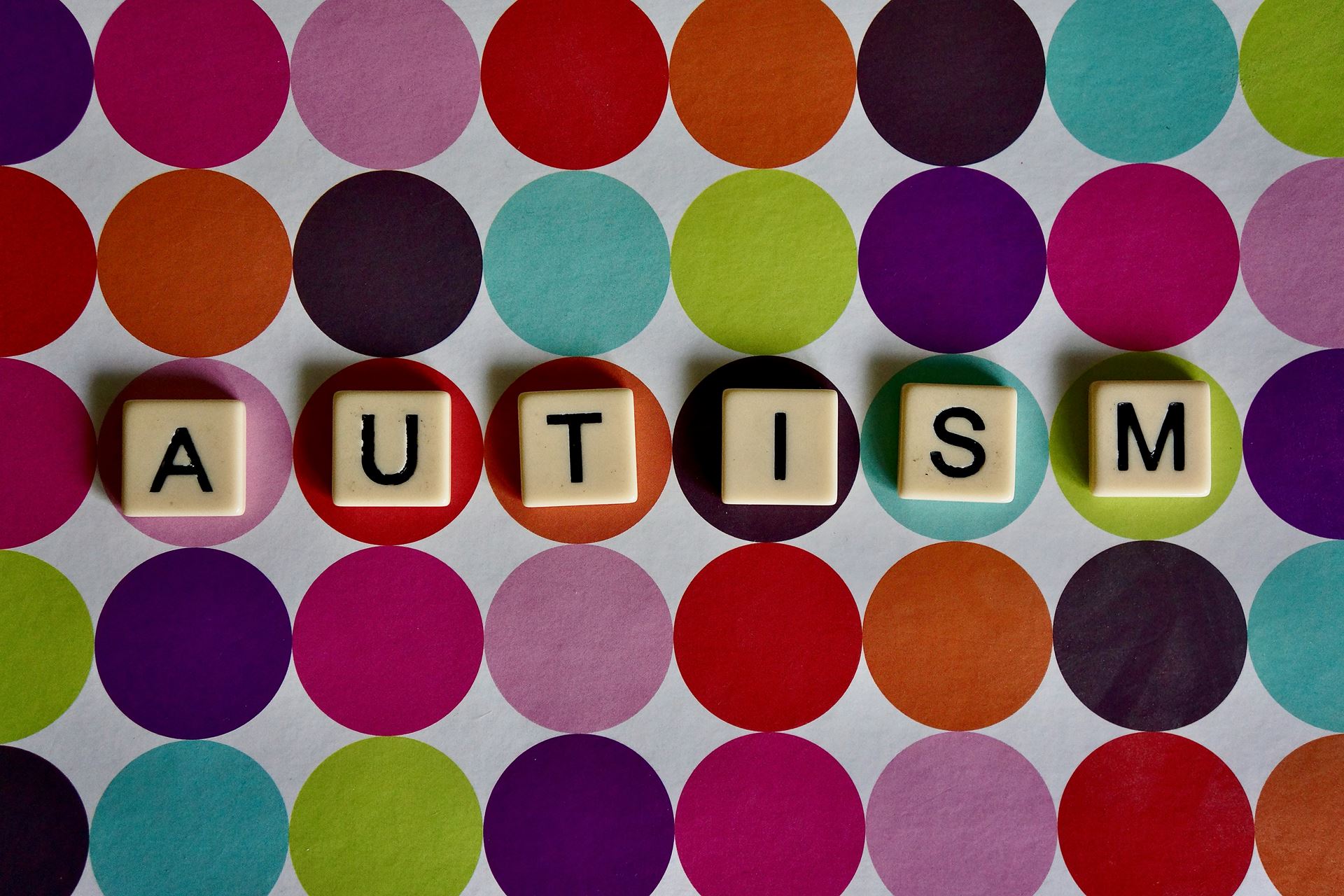Autism assessment information

What is autism?
Autistic people may act in a different way to other people
Autistic people may:
- find it hard to communicate and interact with other people
- find it hard to understand how other people think or feel
- find things like bright lights or loud noises overwhelming, stressful or uncomfortable
- get anxious or upset about unfamiliar situations and social events
- take longer to understand information
- do or think the same things over and over
Autism is not an illness
Being autistic does not mean you have an illness or disease. It means your brain works in a different way from other people.
It's something you're born with. Signs of autism might be noticed when you're very young, or not until you're older.
If you're autistic, you're autistic your whole life. Autism is not a medical condition with treatments or a "cure". But some people need support to help them with certain things.
Autism is different for everyone
Autism is a spectrum. This means everybody with autism is different.
Some autistic people need little or no support. Others may need help from a parent or carer every day.
More information can be found at NHS - Autism Information
Autism Assessments
Adults:
If you feel you may have Autism there are a few things that can be helpful prior to your appointment:
- Complete the ADHD questionnaire for adults - Click here to access this. The autism assessment team need to have excluded ADHD initially before they will accept any referral. If you want to know more about ADHD Click here.
- Complete the Past and Present Behaviour Questionnaire by clicking here
- Write down why you feel you may have the condition on a piece of paper as the GP will often attach this onto the referral letter
Children:
If you feel your child may have autism there are a few things that can be helpful prior to your appointment:
- Complete the child autism questionnaires:
- If your child is in primary school - Primary School - click here OR Preschool - click here
- If your child is in secondary school we must have the following TWO forms completed - Form One - School AND Form Two - Parent / Guardian
- Write down why you feel your child may have the condition on a piece of paper as the GP will often attach this onto the referral letter
Page created: 18 January 2024